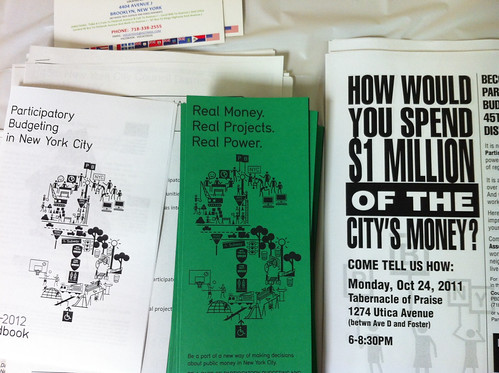This issue guide was created by the David Mathews Center for Civic Life in 2010 for Alabama Issues Forums that took place in 2010 and 2011. Dropouts: What Should We Do? provides a brief overview of the dropout issue and outlines three approaches to addressing this public issue.
 The David Mathews Center—a non-profit, non-partisan, non-advocacy organization—does not advocate a particular solution to the dropout issue, but rather seeks to provide a framework for citizens to carefully examine multiple approaches, weigh costs and consequences, and work through tensions and tradeoffs among different courses of action.
The David Mathews Center—a non-profit, non-partisan, non-advocacy organization—does not advocate a particular solution to the dropout issue, but rather seeks to provide a framework for citizens to carefully examine multiple approaches, weigh costs and consequences, and work through tensions and tradeoffs among different courses of action.
The issue guide’s introductory essay, provided by the Alabama State Department of Education, outlines the impact of the dropout issue on Alabama and the nation:
Every 26 seconds a student drops out of school.
The dropout crisis is one of the greatest threats to the United States. The students that leave our education systems without a diploma create an economic, social and generational crisis for the entire nation. Every state and its students are impacted by dropouts, who create deficits in the educational wealth and financial stability of the population.
The issue guide outlines three possible approaches to addressing the issue:
Approach One: “Emphasize Achievement”
Dropouts from our K-12 schools are regrettable, but our primary focus should be on emphasizing achievement, initiative, discipline, and creativity among those who choose to stay in school. These characteristics are best promoted through competition and recognition of success in that competition. These are characteristics we want in our work force. These are characteristics we need to be successful in individual life, community vitality, and global competiveness. We need our best young people to be all they can be.
Approach Two: “Emphasize Preventative and Corrective School Programs”
Social costs are too high if we do not address dropout prevention and correction. Dropouts don’t always simply lack individual initiative, discipline, and perseverance. Some young people come from poor family backgrounds and lack support for learning outside the school environment. Others get behind early in reading ability and lack positive role models. Some students have understandings and skills that are not easily quantified and measured, and they give up competing in situations that are beyond what they see as leading to productive lives. Some have family situations that require their primary attention, including those who serve as the primary wage earner for the household. We need solutions that take into account students backgrounds and situations.
Approach Three: “Emphasize Community Responsibility”
Ideally schools might emphasize both achievement and prevention, but some problems are beyond the resources and capacities of schools to address. Some young people need more help than they can get during school hours. Communities should think broadly and creatively about their overall educational resources, not just their schools. Moreover, some young people have substance abuse problems and/or such rebellious behavior that they cannot be kept in schools. Yet, if they do not receive constructive attention, they may become even worse problems.
More About DMC Issue Guides…
David Mathews Center issue guides are named and framed by Alabama citizens for Alabama Issues Forums (AIF) during a biennial “Citizens’ Congress” and follow-up workshops. Alabama Issues Forums is a David Mathews Center signature program designed to bring Alabama citizens together to deliberate and take community action on an issue of public concern. All AIF issue guides, and accompanying post-forum questionnaires, are available for free download at www.mathewscenter.org/resources.
For further information about the Mathews Center, Alabama Issues Forums, or this publication, visit www.mathewscenter.org.
Resource Link: www.mathewscenter.org//wp-content/uploads/2013/05/Issues-Brief_web.pdf
This resource was submitted by Cristin Foster of the David Mathews Center for Civic Life via our Add-a-Resource form.

 When: Each Thursday at 12pm EST
When: Each Thursday at 12pm EST

